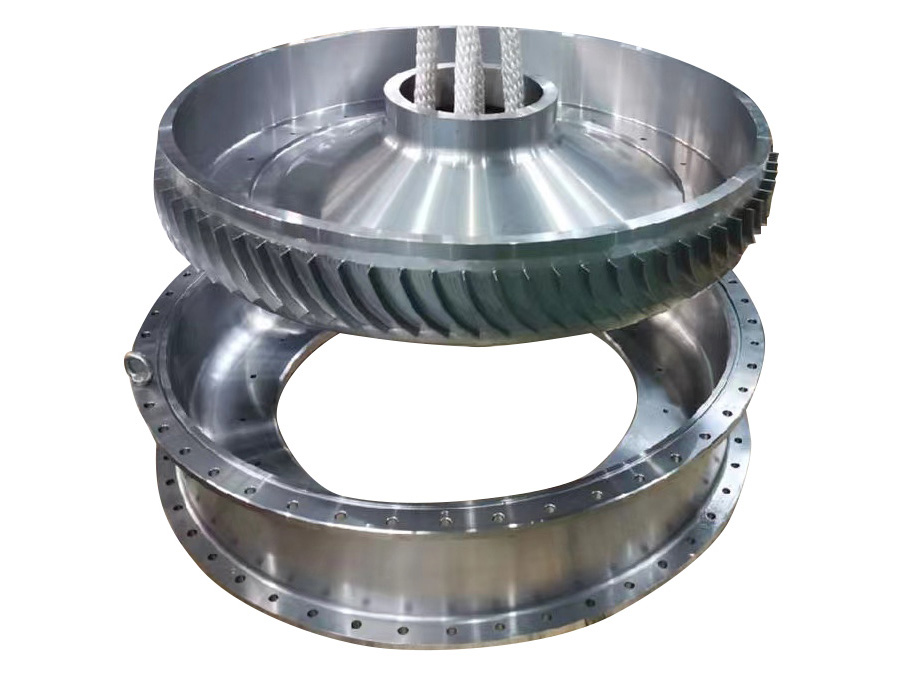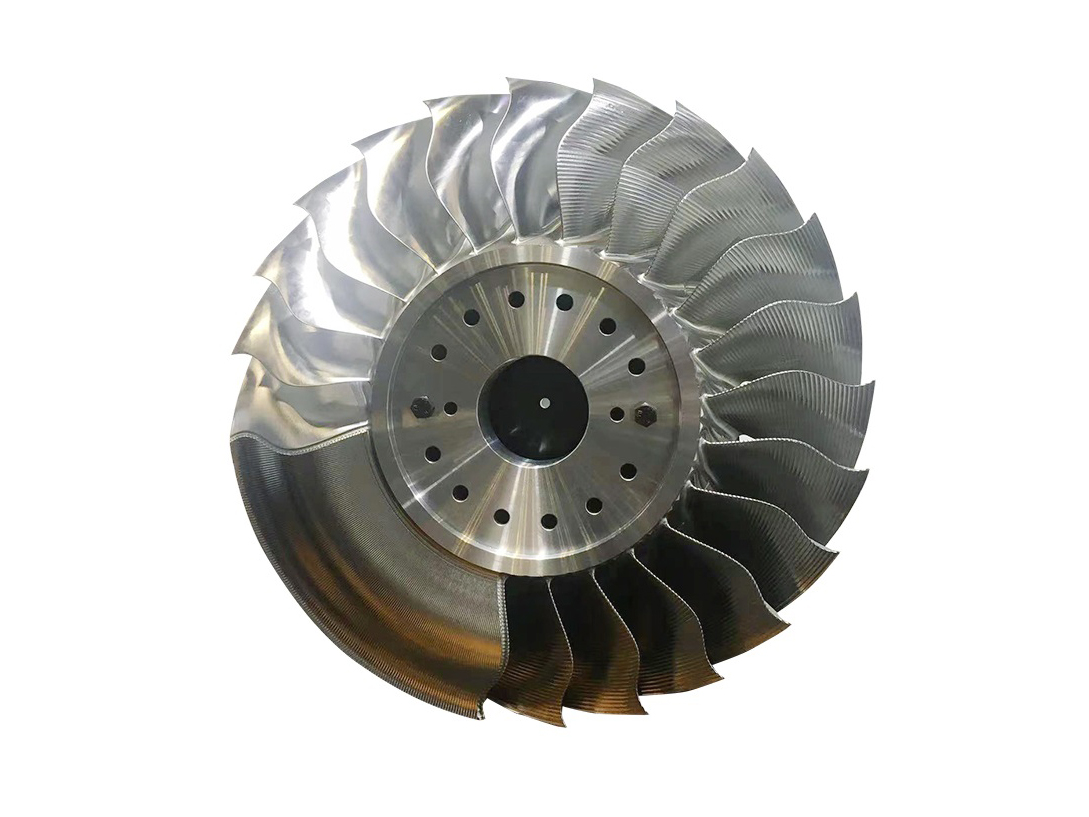Benefits of Gas Turbine Fuel Adaptable Technology
Fuel adaptability is a key factor for the future sustainability of gas turbines. In recent years, there has been a surge in research and development activities to improve the fuel flexibility of gas turbines, allowing them to operate on a variety of fuels. In this article, we will explore why gas turbine fuel adaptability is essential and the role of advanced materials in achieving this adaptability.
For many years, gas turbines have been primarily fueled by natural gas, which is a clean and efficient fuel. However, the supply and demand scenario for natural gas has created a need for alternative fuels, such as biofuels and synthetic gases. Advanced gas turbine systems must be able to operate on multiple fuels to maintain their competitiveness in the energy market.
Gas turbine fuel adaptability can be achieved through several strategies. Firstly, fuels with different compositions and properties can be pre-mixed to create a homogeneous mixture that ensures optimal performance of the turbine. Secondly, advanced coatings and materials can be used to protect the turbine components from the negative impact of fuel impurities and reactive species. Finally, novel fuel injection and combustion strategies can be implemented to enhance the combustion efficiency while minimizing harmful emissions.
The Role of Advanced Material in Gas Turbine Fuel Adaptability
Advanced materials play a significant role in gas turbine fuel adaptability. Metallic alloys with high mechanical strength and excellent corrosion resistance are essential for developing turbine components that can withstand various fuels. In addition, coatings based on advanced ceramics and composite materials provide excellent protection against fuel-borne corrosion and erosion.
Moreover, nanomaterials and nanotechnology have opened up new avenues for enhancing the performance of gas turbines. Nanoparticles can be added to the fuel to improve its viscosity and density, resulting in more uniform mixing and improved atomization characteristics. This technology has the potential to significantly improve the efficiency and reliability of gas turbines operating on alternative fuels.
In conclusion, gas turbine fuel adaptability is essential for enhancing the sustainability and competitiveness of these machines in the energy market. Advanced materials and nanotechnology provide innovative solutions for achieving this adaptability while ensuring high performance and reliability. The development of fuel-flexible gas turbines will contribute significantly to meeting the global energy demand and reducing greenhouse gas emissions.
Post time: Oct-18-2023






